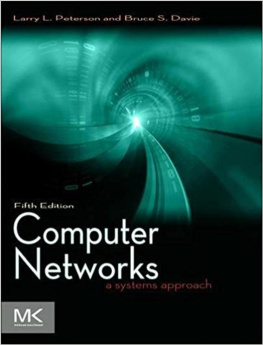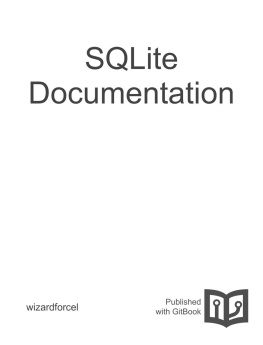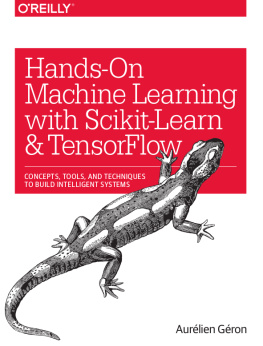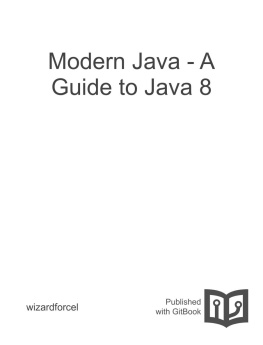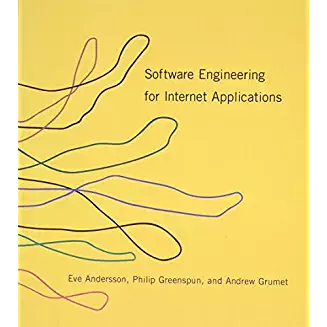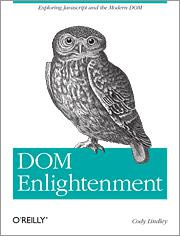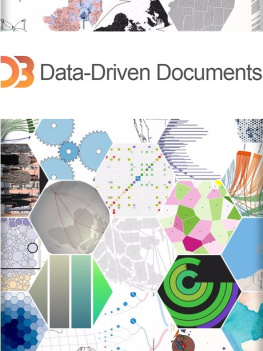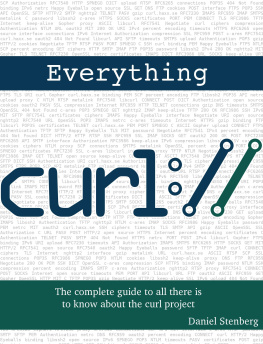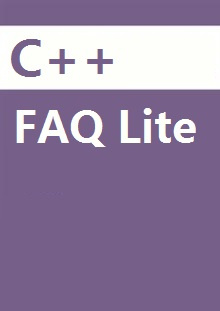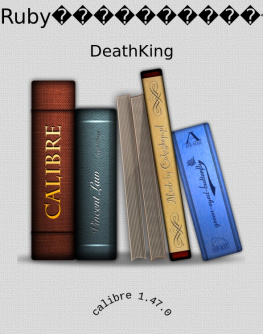it-ebooks - Software Foundations
Here you can read online it-ebooks - Software Foundations full text of the book (entire story) in english for free. Download pdf and epub, get meaning, cover and reviews about this ebook. year: 2017, publisher: iBooker it-ebooks, genre: Home and family. Description of the work, (preface) as well as reviews are available. Best literature library LitArk.com created for fans of good reading and offers a wide selection of genres:
Romance novel
Science fiction
Adventure
Detective
Science
History
Home and family
Prose
Art
Politics
Computer
Non-fiction
Religion
Business
Children
Humor
Choose a favorite category and find really read worthwhile books. Enjoy immersion in the world of imagination, feel the emotions of the characters or learn something new for yourself, make an fascinating discovery.

- Book:Software Foundations
- Author:
- Publisher:iBooker it-ebooks
- Genre:
- Year:2017
- Rating:4 / 5
- Favourites:Add to favourites
- Your mark:
- 80
- 1
- 2
- 3
- 4
- 5
Software Foundations: summary, description and annotation
We offer to read an annotation, description, summary or preface (depends on what the author of the book "Software Foundations" wrote himself). If you haven't found the necessary information about the book — write in the comments, we will try to find it.
Software Foundations — read online for free the complete book (whole text) full work
Below is the text of the book, divided by pages. System saving the place of the last page read, allows you to conveniently read the book "Software Foundations" online for free, without having to search again every time where you left off. Put a bookmark, and you can go to the page where you finished reading at any time.
Font size:
Interval:
Bookmark:
Benjamin C. Pierce
Arthur Azevedo de Amorim
Chris Casinghino
Marco Gaboardi
Michael Greenberg
Ctlin Hricu
Vilhelm Sjberg
Brent Yorgey
with Loris D'Antoni, Andrew W. Appel, Arthur Chargueraud, Anthony Cowley, Jeffrey Foster, Dmitri Garbuzov, Michael Hicks, Ranjit Jhala, Greg Morrisett, Jennifer Paykin, Mukund Raghothaman, Chung-chieh Shan, Leonid Spesivtsev, Andrew Tolmach, Stephanie Weirich, and Steve Zdancewic
From: Software Foundations
- Automated theorem provers provide "push-button" operation: you give them a proposition and they return either true or false (or, sometimes, don't know: ran out of time). Although their capabilities are still limited to specific domains, they have matured tremendously in recent years and are used now in a multitude of settings. Examples of such tools include SAT solvers, SMT solvers, and model checkers.
- Proof assistants are hybrid tools that automate the more routine aspects of building proofs while depending on human guidance for more difficult aspects. Widely used proof assistants include Isabelle, Agda, Twelf, ACL2, PVS, and Coq, among many others.
- As a platform for modeling programming languages, it has become a standard tool for researchers who need to describe and reason about complex language definitions. It has been used, for example, to check the security of the JavaCard platform, obtaining the highest level of common criteria certification, and for formal specifications of the x86 and LLVM instruction sets and programming languages such as C.
- As an environment for developing formally certified software and hardware, Coq has been used, for example, to build CompCert, a fully-verified optimizing compiler for C, and CertiKos, a fully verified hypervisor, for proving the correctness of subtle algorithms involving floating point numbers, and as the basis for CertiCrypt, an environment for reasoning about the security of cryptographic algorithms. It is also being used to build verified implementations of the open-source RISC-V processor.
Font size:
Interval:
Bookmark:
Similar books «Software Foundations»
Look at similar books to Software Foundations. We have selected literature similar in name and meaning in the hope of providing readers with more options to find new, interesting, not yet read works.
Discussion, reviews of the book Software Foundations and just readers' own opinions. Leave your comments, write what you think about the work, its meaning or the main characters. Specify what exactly you liked and what you didn't like, and why you think so.


